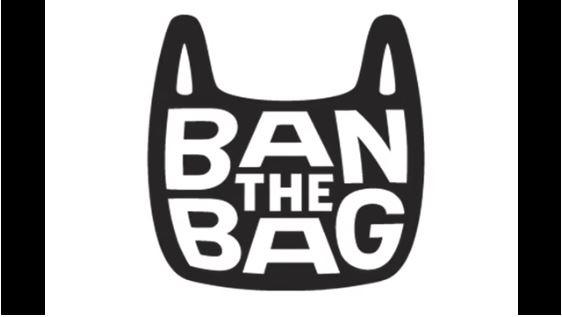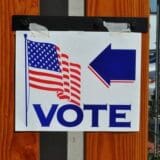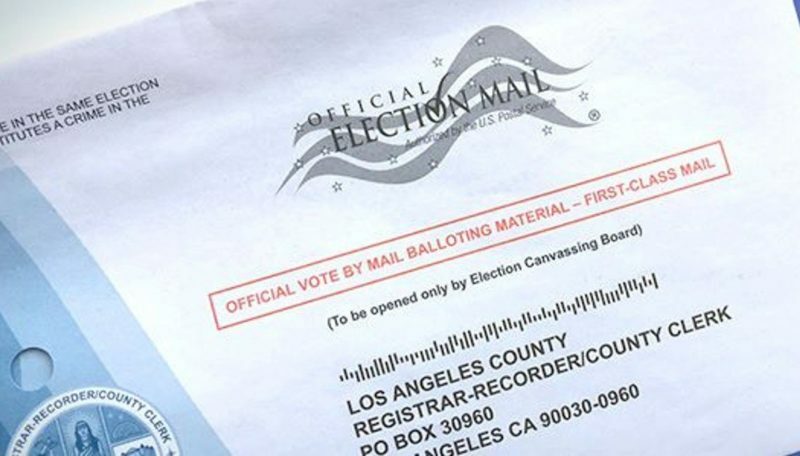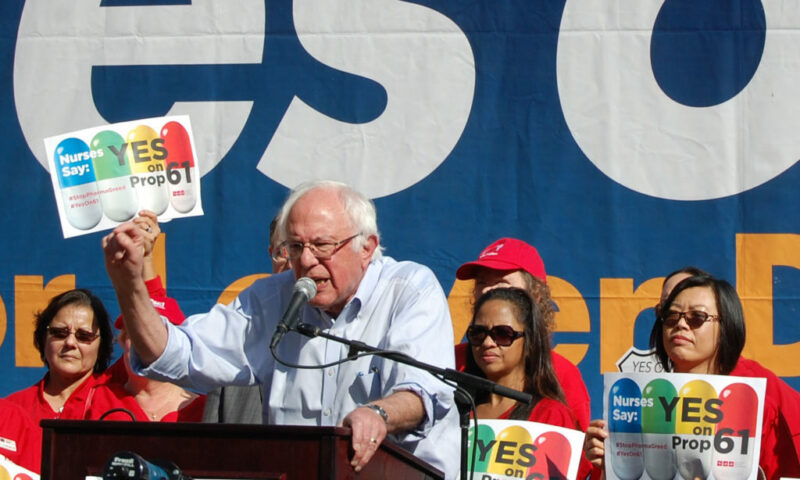

On Tuesday California said no to the plastics lobby’s wish list. Proposition 67 passed with 52 percent affirming the law banning the bags. Proposition 65 failed, with 51 percent rejecting the redirection of bag fees. It was precisely the result environmental groups, grocers and unions had pushed for.


The avalanche of money that rolled in from pharmaceutical drug companies to beat back the challenge to their bottom lines posed by Proposition 61 dwarfed the money contributed to the Yes on 61 effort, which still ran into the millions.


Victorious Proposition 55 has extended a policy initially approved by Californians in 2012 to make up the recession-era budget cuts in the Golden State—cuts that devastated spending on education and health care. The 2012 measure, Proposition 30, established a personal income tax increase on household incomes of $250,000 and above.


Most initiatives that appeared on the California ballot passed this Tuesday, but not everyone came away a winner. Capital & Main presents our writers’ analysis of what happened to eight key ballot measures – and why.


Yesterday the subscriber-only political almanac California Target Book reported that spending by all independent expenditure committees (IECs) on legislative races in the general election had topped $41 million. That brought the year’s total of outside money for state Assembly and Senate seats, including primary races, to $70 million.


With a wink to Thomas Hobbes, this year’s election season has been nasty, brutish and long. Today it comes to an end, allowing us to look back on some of Capital & Main’s best reporting on issues that affect Californians on the most fundamental levels.


“This could be the shot heard round the world!” Vermont Senator Bernie Sanders told a Los Angeles rally held Monday in favor of Proposition 61. About 650 office workers, health-care activists and California nurses gathered that morning in Pershing Square to support the drug pricing initiative.


When Cesar Chavez led a band of farm workers on their historic 300-mile march from Delano to Sacramento half a century ago, they prominently displayed banners of the Virgin de Guadalupe throughout the line. Why? Because that image held symbolic weight far beyond any other the group could carry.


“No whining, no griping, pull yourself up by your bootstraps.” That’s how Susan Story describes the hard lessons she learned growing up in rural Alabama. Then why is the corporation she leads as chief executive officer, American Water, complaining about opposition to its plans in West Virginia?


The 24th Street Theatre has a reputation for producing quality theater suitable for everyone from 8 to 80 years old. Hansel & Gretel Bluegrass, Bryan Davidson’s compelling musical adaptation of the fairy tale about two hungry and imperiled children, is the company’s latest effort.